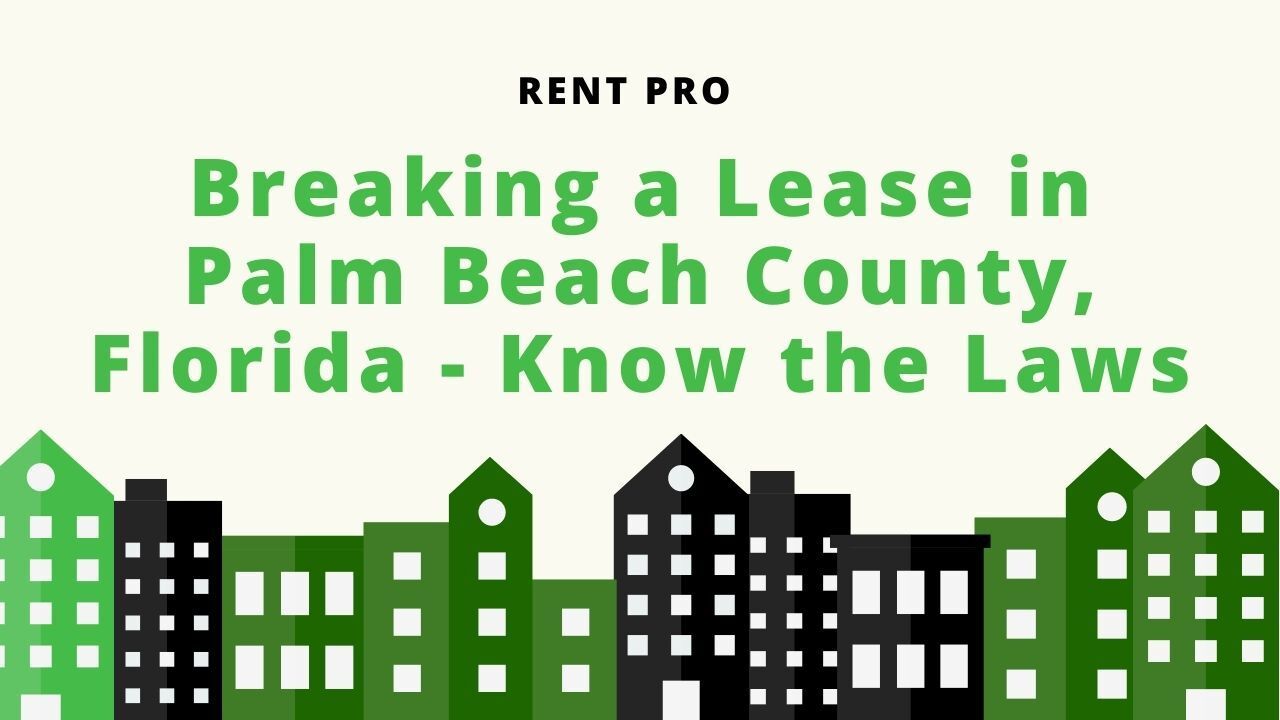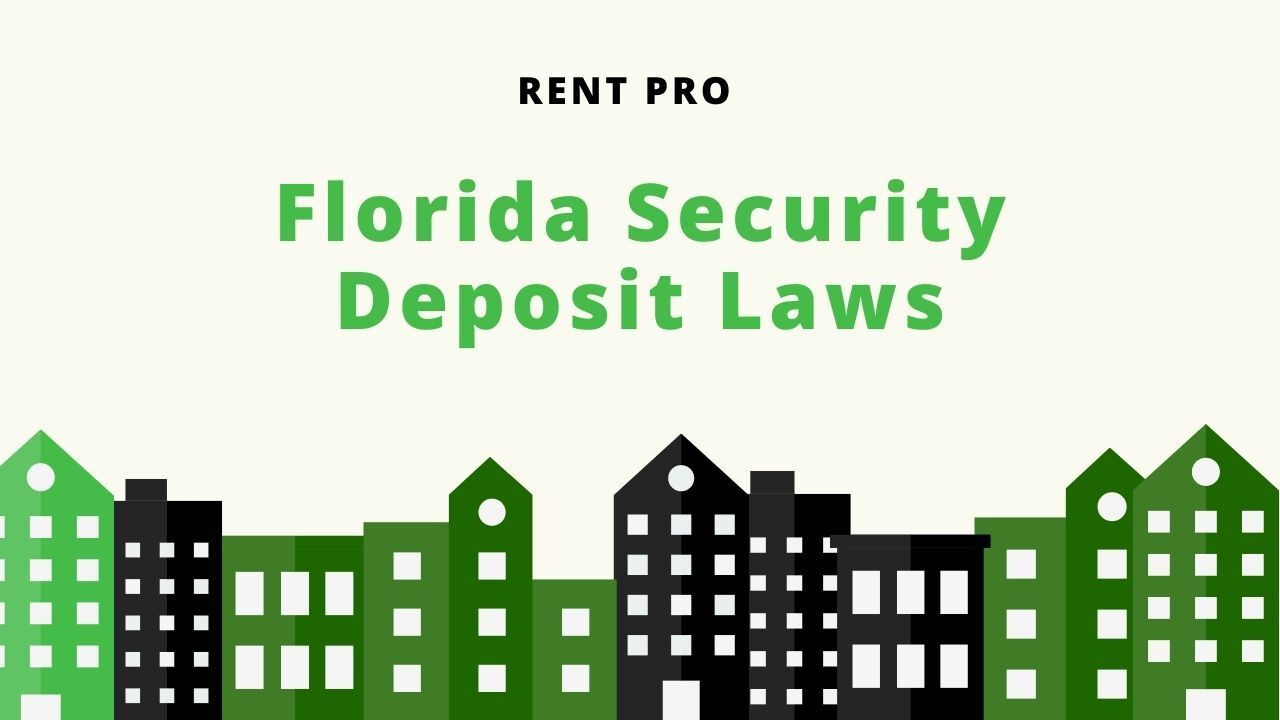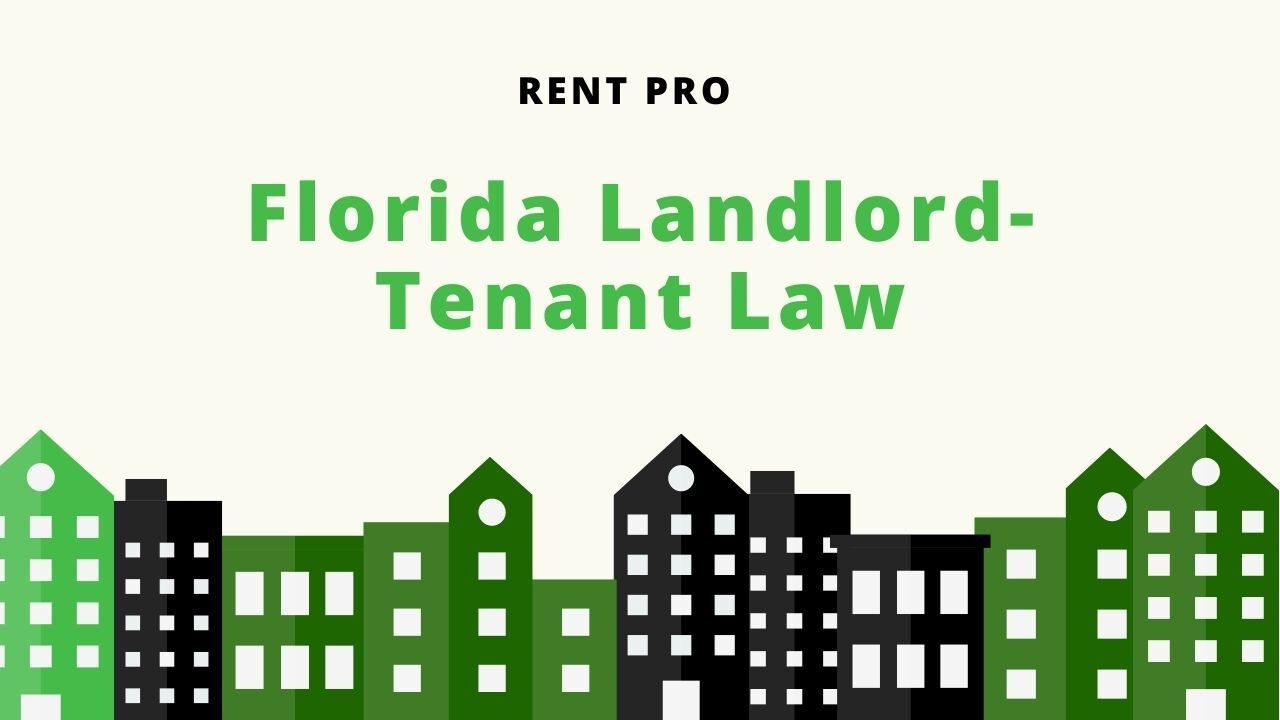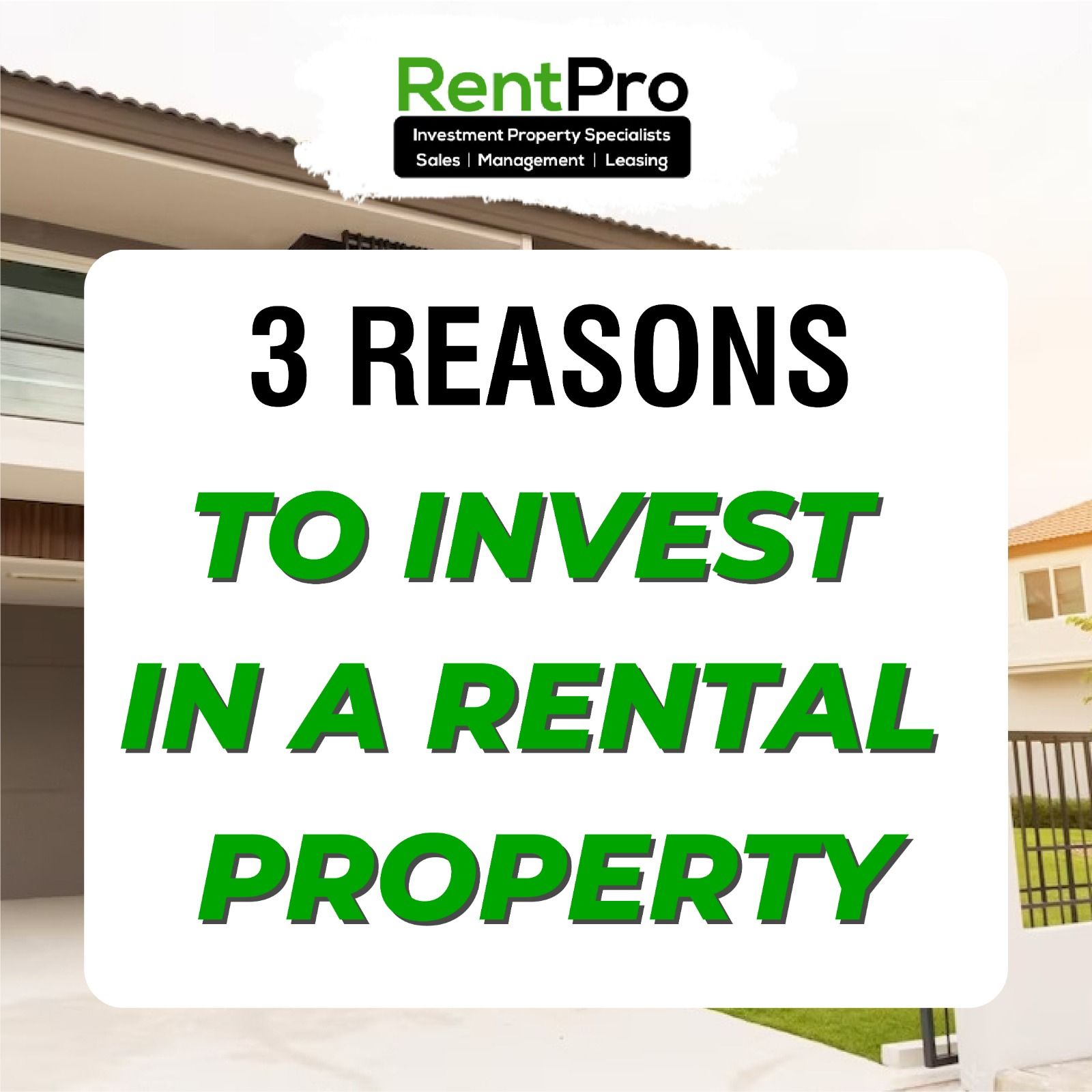
A Guide to the Eviction Process in Palm Beach County, FL
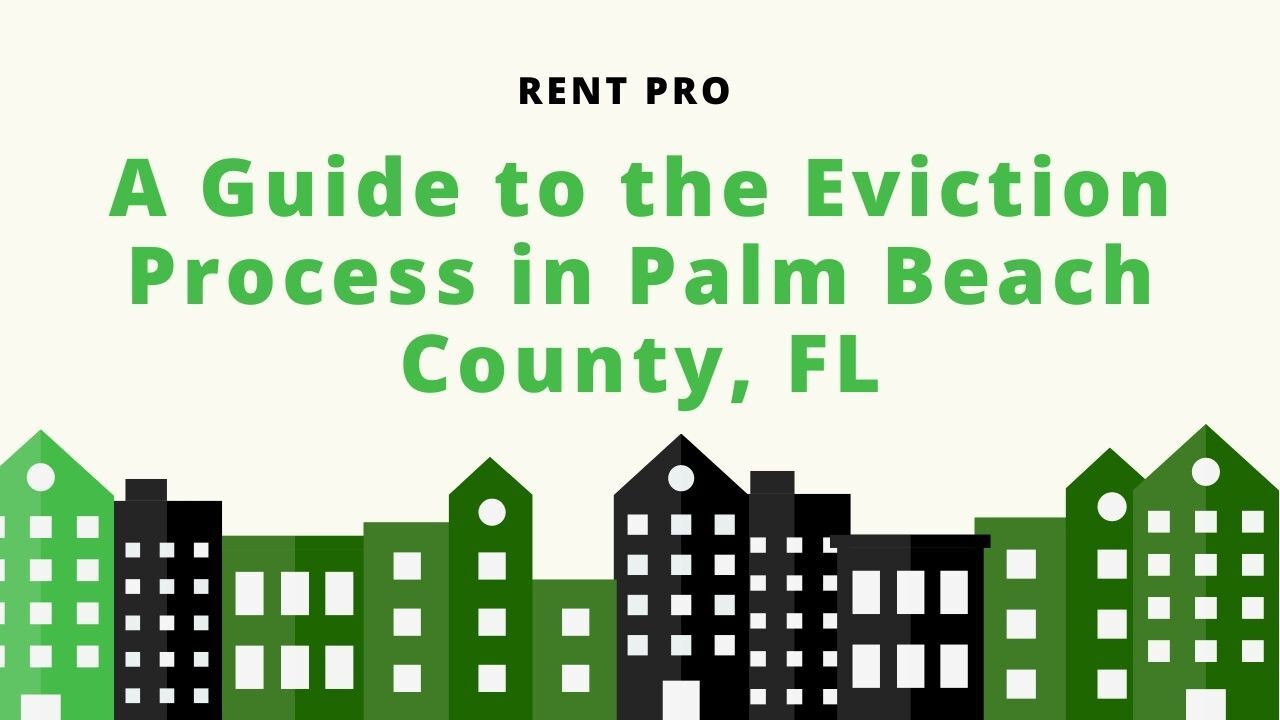
When a tenant signs a lease in Florida, they agree to abide by all the terms of the agreement. For example, to pay rent on time, not cause negligent property damage, and abide by all policies in the lease.
However, that is not always the case. A difficult tenant may make your landlording life anything but good. From missed or late rent payments to damage exceeding normal wear and tear, you may have some serious issues with your tenant. You may be left with no other option but to evict the tenant.
Evicting a tenant in Florida requires strict adherence to the statewide landlord-tenant law just as you would for security deposit laws. Also, you shouldn’t engage in ‘self-help’ eviction methods for the eviction to be successful. For example, by removing your tenant’s personal belongings or locking them out, you’d be following an illegal method of eviction.
What’s more, the eviction must not be discriminatory or retaliatory.
The following is a step-by-step eviction guide in the state of Florida.
Step #1: Have a Valid Reason to Evict the Tenant
You can’t start the eviction process on a tenant simply because you no longer like them. The reason must be legally justified. Legally justified reasons for tenant eviction in Florida under its landlord-tenant law include:
- Failure by a tenant to pay rent
- Failure by a tenant to move out after the lease ends
- Violation of the lease agreement
Step #2: Serve the Tenant a Proper Notice
You must first terminate the lease agreement to proceed with the eviction. Now, there are different eviction notices depending on the violation committed. They are as follows:

- For nonpayment of rent, you must serve the tenant with a 3-Day Notice to Pay Rent or Quit. The notice gives the tenant 3 days to make the rent payment or else move out. If the tenant doesn’t pay the overdue rent or move out, you can move to court.
- For tenants who fail to move out after the lease period, you can serve them an X-Day Notice to Quit. The specific amount of notice to serve depends on the time interval upon which rent is paid.
- For tenants who pay monthly, you must serve them a 15-Day Notice to Quit. For tenants who pay on a weekly basis, you must provide them a 7-Day Notice to Quit.
- For those who pay rent on a yearly basis, you must provide them a 60-Day Notice to Quit. If the tenant remains on the property after expiry of the notice period, you can move to the next step.
- For lease violations, you can serve either of two notice types depending on whether a violation is curable or not. For curable violations, you must serve the tenant a 7-Day Notice to Cure. Examples of curable violations include failing to maintain a certain level of cleanliness or being too loud.
- For non-curable violations, you must send the tenant a 7-Day Unconditional Quit Notice. Examples include illegal drug activity and excessive property damage.
If the tenant doesn’t fix the violation or move out after the notice period, you can take the next step in the eviction process.
Step #3: File a Complaint
This step involves filing a complaint in the county the property is located in. A filing fee of $185 is typical in most counties in Florida. You may also need to pay an additional $10 per tenant for each summons issued.

After a successful filing, it’ll take about 5 days for the court to issue the summons. Thereafter, it can take another 2 or 3 days for the tenant to get served.
Step #4: Serve the Summons and Complaint
After the service through a court server, the tenant may choose to fight their removal. If they choose to do so, they must contest the complaint in writing and file it back with the court’s clerk.
You’ll receive a copy of the tenant’s response. In their response, the tenant may allege any of the following:
- You failed to maintain the property to habitable standards as required by Florida safety and health codes
- You falsely accused them of a violation
- The eviction had errors. For example, you failed to mention the notice period or served the tenant with the wrong type.
- The eviction is retaliatory. The tenant may allege that you’re retaliating against them for exercising any of their rights. Such as, reporting you to a government agency for being in violation of safety and health codes.
- The eviction is because of discrimination
- The landlord used ‘self-help’ eviction tactics to force the tenant to leave
This can lengthen the eviction process and can even rope in additional steps, as well.
However, if the tenant chooses not to fight their eviction, the process will continue.
Step #5: Obtain Judgment for Possession
If the tenant doesn’t contest the eviction, you can go ahead and file a motion to obtain a judgment for possession. If they did, however, they will be required to pay the court any outstanding rent. If an agreement on the amount of rent cannot be reached, the court can do so on your behalf.

If a tenant does not show up on the day of the hearing, mean a default judgment in your favor will be made. The court will then subsequently issue a Writ of Possession and the eviction process will proceed.
Step #6: Serve the Writ of Possession to the Sheriff
The Writ of Possession is the tenant’s last notice to vacate the premises. It affords them an opportunity to remove their belongings on their own prior to getting forcefully removed.
If the tenant doesn’t move out on their own, the sheriff will forcibly remove them.
Disclaimer: This information is not in any way a substitute for professional legal advice. Also, laws change and it might not be updated at the time you read it. If you have any question regarding this content or any other aspect of property management, kindly get in touch with Rent Pro. We exist to simplify investment property ownership; allowing property owners to achieve their investment goals!








